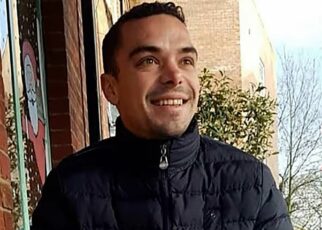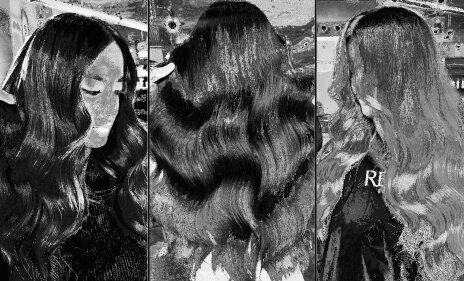Influencer slammed for blow-drying her own hair at the salon
A woman has sent commenters into a frenzy after she posted a video of herself blow-drying her own hair at the hairdressers. Brigette, from New York City, uploaded a video to Instagram showing how she achieves the perfect bouncy blow-dry. But, in the clip, the blonde content creator is far from the comfort of her […]
September is calling so here are the autumn hair colours you'll see everywhere
With a new season upon us, is it time for a fresh do? Experts in hair colour, Live True London, say yes. Session stylist Tyler Moore says there’s a new colour update for every blonde, brunette, ginger, and hair tone in between. In the fashion world, ‘quiet luxury’ and ‘coastal grandmother’ trends have given us […]
I struggled to look in the mirror until I completed my make up
Choosing my favourite eyeshadow palettes, I started with a deep orange on each of my eyelids, and then moved onto a striking yellow. Next, I painted a vibrant green, a bold blue and a smoky purple. After I effectively turned my eyes into a Pride flag, concealer, foundation, highlighter and brows completed the look. I […]
- Handbags as Investments: What You Need to Know
- Maury Povich Steps In to Help Announce Paternity Of Baby Orangutan
- Lynne Spears Is Still Hopeful For A Christmas Miracle With Britney Returning Home To Louisiana…
- Jilted husband who tried to murder estranged wife outside court jailed
- BBC 'trivialise' moment car nearly crushed mother and child in crash























